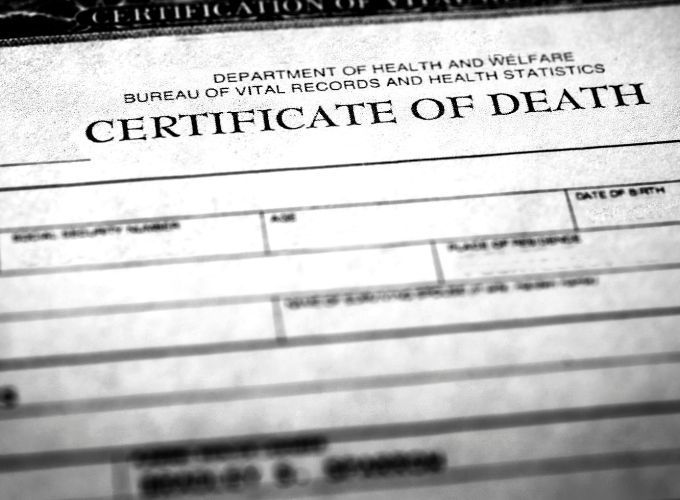Articles Of Interest
Brain Fog – A Physical Response To Grief
Brain fog happens because your body interprets grief as trauma and begins to shut down to protect itself.

The loss of a loved one can have a multitude of impacts on our lives, as well as on our physical and emotional well-being. People often talk about their emotional experience of grief, but physical responses can also take their toll.
For many, the physical response is feeling tired, along with experiencing sleep or body function disruptions, but there are other ways that your body can react to the stress of grief. One of the more common symptoms is “brain fog.” Brain fog happens because your body interprets grief as trauma and begins to shut down to protect itself.
While you are grieving, your brain is now overloaded with thoughts of grief, sadness and loneliness, leaving little room for everyday tasks. Brain fog can affect your memory, concentration and cognition. But don’t worry: This is a natural part of grief.
The experience of brain fog varies from person to person. You may have trouble completing routine tasks, forget appointments or misplace items. Maybe, after driving somewhere, you realize that you can’t remember exactly how you got there. Typical everyday tasks that normally wouldn’t be challenging can seem overwhelming.
The best way to help start clearing brain fog is to acknowledge it. It is normal for your mind to drift in response to memories of the person who died. When you notice this happening, take a moment to stay with the feeling and acknowledge your grief. Afterward, you will be able to refocus your mind on the task at hand.
The good news is that brain fog is usually temporary, but there’s no set timeline for it to resolve. All aspects of grief vary from person to person. For most people, brain fog isn’t a long-term issue and will go away naturally. If your brain fog seems to be getting worse, or you are concerned about the onset of complicated grief, talk to your doctor.
Understanding that your brain isn’t working at full capacity while you are grieving, you may want to avoid making big decisions for a while. It is also important to take care of yourself physically as best you can. Most importantly, be gentle with yourself: This fog is normal and will, with time, become easier to manage.











